Heady times, the 1960s, in more ways than several. The chill of a so-called Cold War had spread by mid-decade, boiling over into protests and property destruction, occupation of public buildings, and a collective outcry against the war in Vietnam.
“There’s a man with a gun over there, tellin’ me I got to beware. I think it’s time we stop, children, what’s that sound, everybody look what’s goin’ down,” sang Buffalo Springfield.
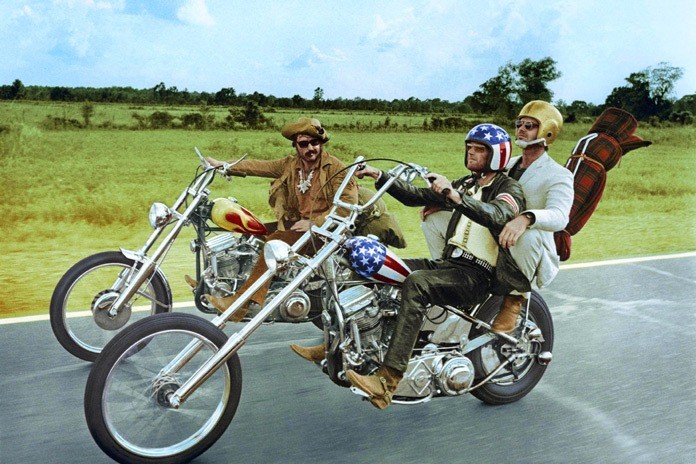
Now, a half-century later, we hear news of a possible sequel to Easy Rider, the iconic biker flick that was filmed in 1968, the year often described as the most tumultuous in recent American history. Five years had passed since the murder of President Kennedy, and 1968 brought the assassinations of Robert Kennedy and Martin Luther King, Jr. The Tet Offensive in Vietnam accelerated the anti-war movement, President Johnson threw in the towel, and Richard Nixon won the election. How much bleaker could it get? Plenty, as it turned out.
But the timing was perfect for Easy Rider. Hippies, biker gangs, drug use, and political demonstrations were already front-page news. And the music scene of the 1950s had set the stage for the arrival of the 1960’s national embrace of the New Freedoms: Sex, Drugs, and Rock ’n’ Roll.
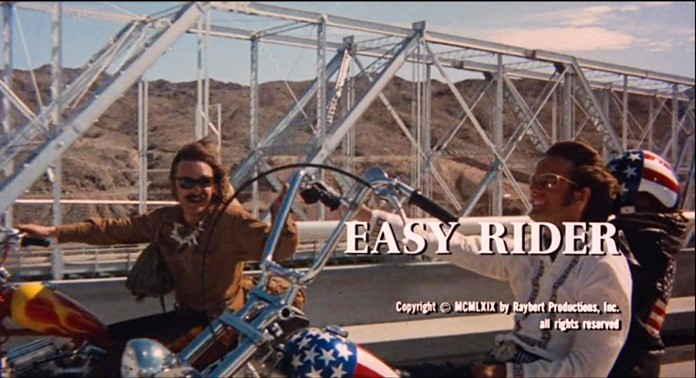
So Easy Rider had its counterculture bases covered up front, although some metaphors got awkwardly mixed in the process. The drug dealer/hippie/bikers portrayed by Peter Fonda and Dennis Hopper made an odd amalgam, but the music soundtrack, the panoramic cinematography of Laszlo Kovacs, and the brilliant acting of Jack Nicholson made it much more than a simple genre film.
The film opens with Hopper and Fonda pulling up to a Mexican junkyard on dirtbikes to score some cocaine. (Fonda later revealed they used powdered sugar for the sampling scene and that it burned his nasal passages.) The music soundtrack is by Steppenwolf. “Goddamn the pusher man…” provides something of a disclaimer, a hedge against investing Wyatt and Billy with very honorable intentions. Drug dealers, dig? Not freedom fighters on choppers.
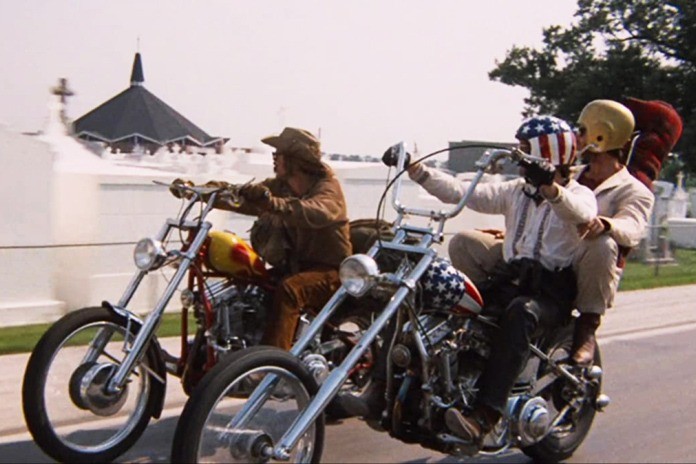
Neither Fonda nor Hopper had to do much acting and largely just played themselves: Fonda, the laid-back, mellow dude, and Hopper, the manic, hyperactive go-getter. Nicholson’s alcoholic Southern lawyer, on the other hand, was a masterful performance. And he did most of it stoned.
While some have speculated that the famous campfire scene was improvised, it was actually straight from the script by Terry Southern. There’s a funky cut in the middle when Nicholson’s character talks about aliens living among us, and Nicholson starts to giggle. The scene abruptly cuts to black before reverting back to the script.
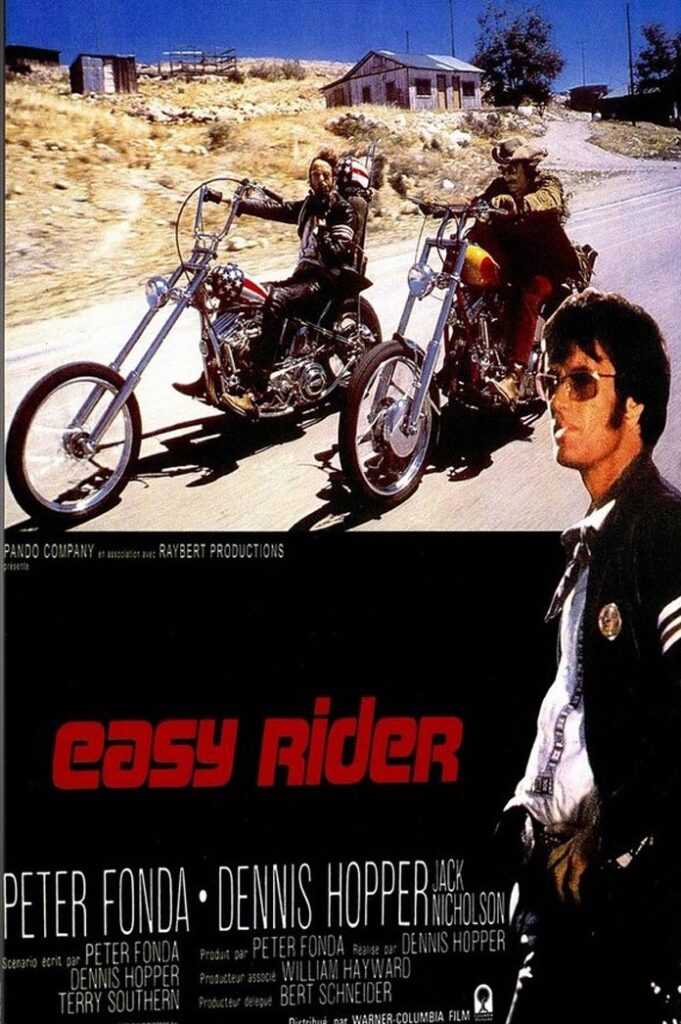
“The Venusians have contacted people, in all walks of life.” Nicholson had reviewed the last half of his speech about getting high for the first time when he was already stoned. It became the most replayed scene of the movie.
Related: Retracing Easy Rider: Iconic Movie Inspires Arizona Adventure
But it’s still a feel-good buddy movie with contemporary versions of Butch and Sundance with Gabby Hayes (Nicholson) as a barroom philosopher. And the essential elements of motorcycling joy are provided by the sweeping landscapes of the American Southwest, artfully captured by Kovacs’ camera.
So what if a motorcycle with a tiny gas tank wouldn’t make it across Monument Valley in real life? The images are grand. And then The Band comes in, “I rolled into Nazareth, was feelin’ ’bout half-past dead. I just need some place where I can lay my head. ‘Hey mister, can you tell me, where a man might find a bed?’ He just grinned and shook my hand, and ‘No’ was all he said…” Epic.
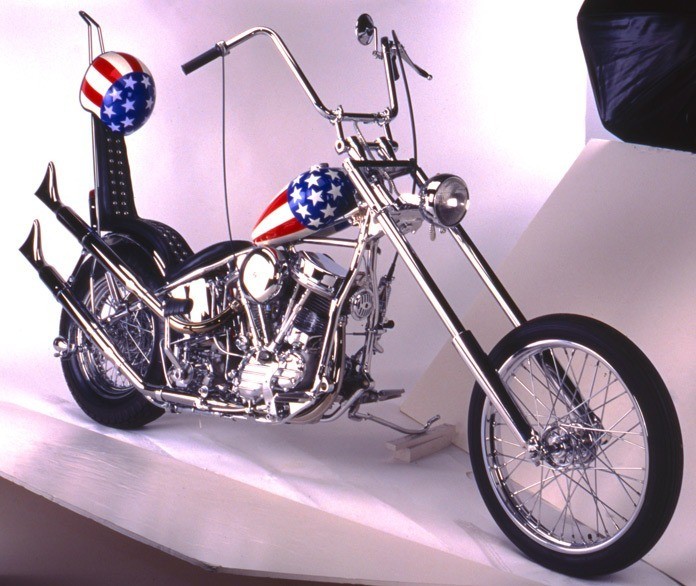
Wyatt and Billy went folk-rockin’ and rollin’ down the road on two wheels to New Orleans and the delights of Mardi Gras before the movie gets muddled in a prolonged scene of an LSD trip gone south, followed by the final dialogue between Billy (“We did it, man, we’re rich!”) and Wyatt, who mutters, “We blew it.” And as the enigmatic phrase lingers, they hit the road home to meet death by shotgun on a backroad in Louisiana. Roll the credits.
The ripples from Easy Rider spread for years to come, encouraging independent filmmakers and chopper builders alike, as well as boosting Nicholson’s career by some magnitude. Ironically, it destroyed the friendship of the two lead actors, who rarely spoke to each other again despite putting on a facade of friendship for publicity appearances. In the dispute over credit and profits, Hopper ultimately banned Fonda from attending his funeral. Hopper died in 2010 at 74, and Fonda went to the funeral anyway. Hopper’s family refused him admittance to the chapel.
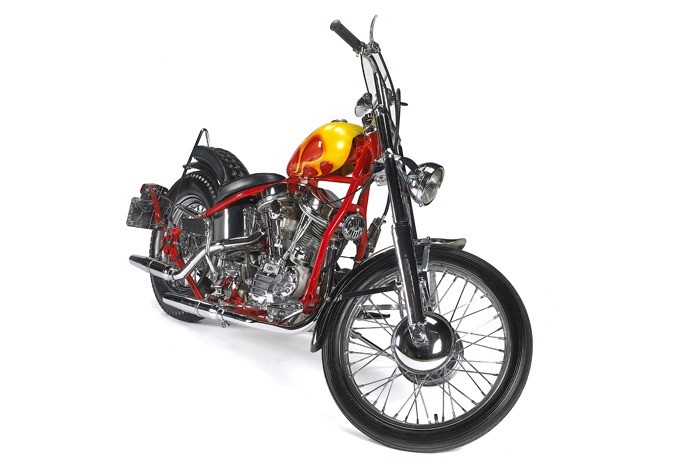
Made for about $350,000, the movie reportedly grossed around $60 million worldwide. In later years, Fonda told friends he’d made $9 million from the film. Hopper’s percentage as director and shareholder is unknown, but he claimed Fonda had agreed to a 50/50 split of the profits but had delivered far less. Hopper sued Fonda and went on to claim credit for writing the screenplay. Hopper did win an Oscar for best original screenplay, which was little benefit to Terry Southern, who actually wrote it.
Terry Southern – a novelist (Candy, The Magic Christian) and the screenwriter of Stanley Kubrick’s masterpiece Dr. Strangelove – wrote the Easy Rider script (in stoned collaboration with Fonda and Hopper) for union scale: $3,500, which was all he ever got for his work. In failing health and low on money, he pleaded with Hopper for a small share of the profits. Nada. Southern died in 1995 at 71. Maybe that closing line – “We blew it” – was the perfect coda for the decade of the Sixties. And its epitaph.


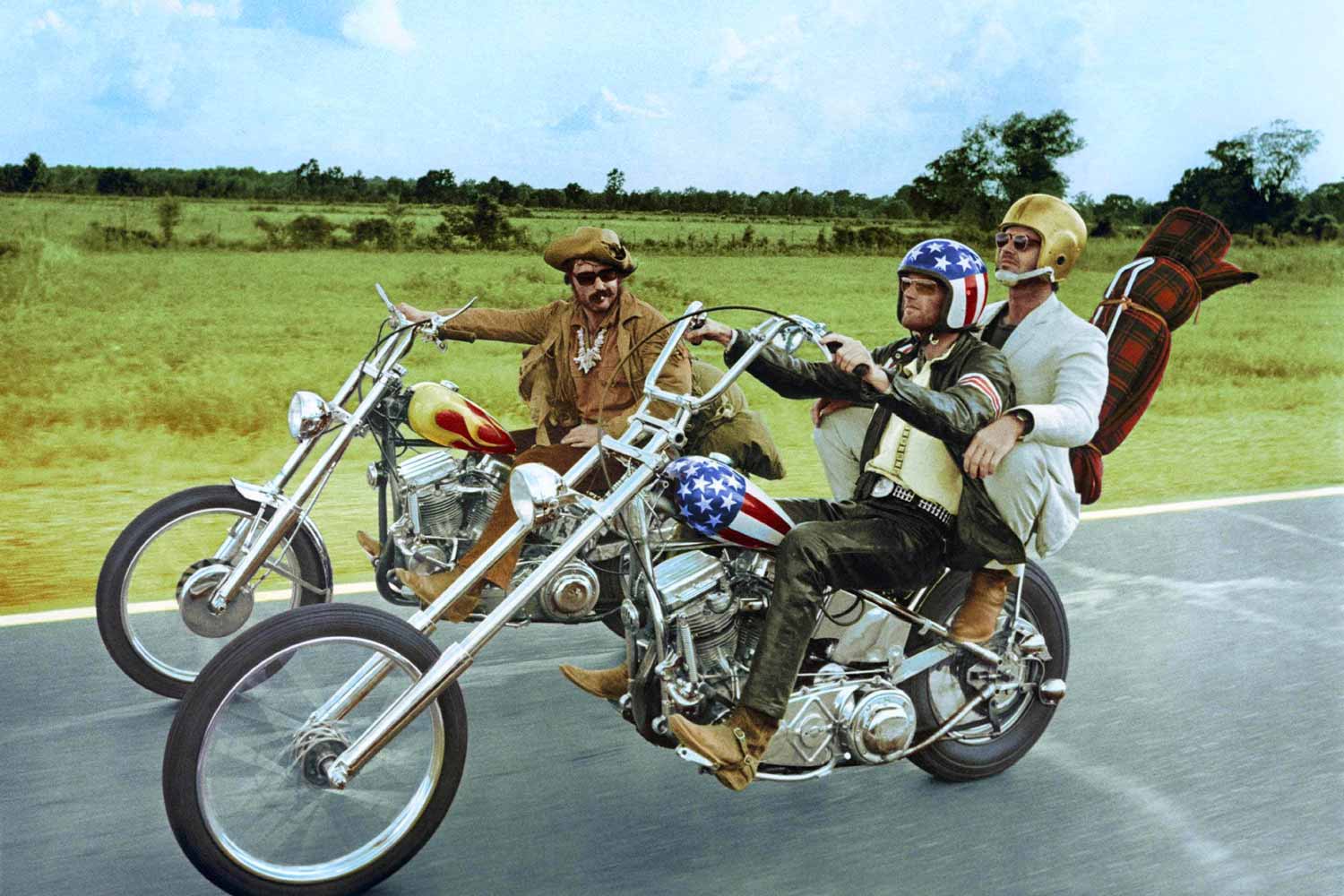


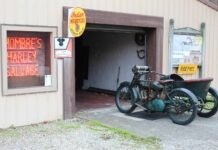
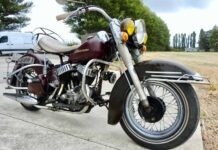











Wow, that’s quite a story. It does say a lot about the vanity and self-centeredness of the Hollywood crowd. Great or even iconic movies aside, why would anyone really want to be like them? It’s a common thought, but it’s one I had the other day – that many of those that choose public life, from stage and screen to politics, have a self-centered sociopathic element to their personalities. Not all maybe, but most?